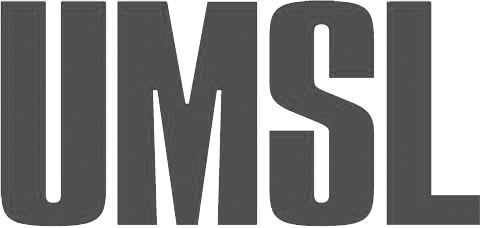By Constance Siu
Constance Siu is Master of Social Work candidate at the Brown School of Social Work at Washington University in St. Louis concentrating in Social and Economic Development (Domestic). Prior to attending the Brown School in 2015, she lived in Kansas City and worked at a child development center. Constance graduated from Beloit College in Wisconsin with a B.S. in Biochemistry and a minor in Philosophy. Upon graduation, she plans to pursue a career in community development in St. Louis.
Community building organizations, simply put, are having a difficult time sustaining themselves financially. Not only are many unable to support themselves for an extended period of time on reserves alone, but many are operating on a deficit. With fewer funding streams supporting operational costs as many foundations move to a more issue- or place-based approach, there is a need for organizations to start thinking more strategically and collaboratively about the future in order to survive and thrive.
The need to collaborate at an operational level drove the Community Builders Network to look for ways to support their members in this area, giving way to the inception of the Professional Services Support Program. Modeled after a similar program in Cincinnati, Ohio, the Professional Services Support Program borrows the basic value proposition from companies like Costco where members access items and services in a pooled manner allowing for discounted rates.
Sounds simple, right? Well, that’s because it is! However, for such a simple model, it isn’t as widespread in the nonprofit realm as you might think—especially since a model such as this has immense benefits for its participants.
Even for St. Louis, this idea is not a particularly innovative one. The Chesterfield Cooperative has already been practicing this model through their bulk rock salt purchases. Working with Beyond Housing and the Chesterfield Cooperative, the 24:1 Community was able to join the Cooperative, resulting in a 40 percent decrease in rock salt costs. With that success, the same collaborative approach was taken with trash collection as smaller communities got to piggyback off larger trash contracts, which again cut costs drastically.
By working together and pooling together their collective weight, not only are smaller groups able to leverage their newfound economy of scale for cost reduction, but doing so also allows for increased operational efficiency and effectiveness.
A simple example of this is in office supplies and printing. Often overlooked as a significant operational expense, as a $20 stapler may not seem like a big difference compared to a $15 stapler, most organizations currently either order these items online or make emergency trips to regular retail stores, costing organizations precious time and human capital as people are doing things that are not mission-centered. By participating in a pooled purchasing program, not only can organizations have a personal account manager take care of their office supplies and printing, but it can also save them those $5 increments that will add up over time.
Over the last few weeks, as I’ve worked on establishing this program, I’ve realized that the benefits of the Professional Services Support Program are so much more than the cost savings that nonprofits can gain. Arguably more important is that participation in pooled purchasing will increase professionalism, efficiency, and the ability to attract financial support from nontraditional funding streams, such as banks and private foundations.
One area where nontraditional funding streams can be leveraged to support a pooled purchasing program would be in accounting. Instead of trying to fit budgeting into the busy day-to-day schedule of running an organization and relying on basic budgeting knowledge probably gained from either a budget 101 course at some point or from balancing our own checkbooks, nonprofits can take advantage of professional accounting services. Not only does this add a sense of professionalism and credibility to their finances, but it also introduces another layer of control as another set of eyes are added to the mix. With a more transparent and professionally managed budget, potential funders will be able to see that organizations they are supporting have more fiscal controls and understand where each dollar is going and how effective each dollar is in terms of mission fulfillment. This makes these organizations safer and more trustworthy investments.
All in all, by collaborating and purchasing services and goods in a pooled manner, organizations can increase their transparency to funders and gain a better understanding of their operational costs, allowing for more funds and time to be spent on mission-fulfilling activities.
Articles in “From the Field” represent the opinions of the author only and do not represent the views of the Community Builders Network of Metro St. Louis or the University of Missouri-St. Louis.







